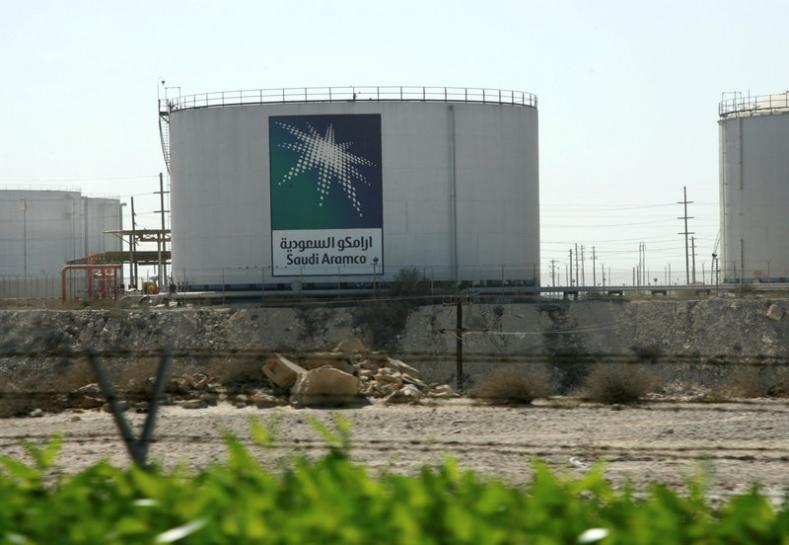Saudi Arabia’s state-owned oil giant Aramco is seeking to expand globally via joint ventures in several countries, including Indonesia, India, the United States, Vietnam and China, chief executive Amin Nasser said on Tuesday.
This step comes as the company prepares for a partial privatization pushed by a government intent on diversifying the economy.
The company is exploring opportunities overseas, chief executive Amin Nasser told reporters during a rare media visit to the company’s Dhahran headquarters.
“We are looking at the current market status that, even though challenging, is an excellent opportunity for growth,” Nasser said, adding that he believed an extra 1.2 million barrels per day would be added to global oil demand this year.
Changes to Saudi Aramco are one of the pillars for the sought radical overhaul of the kingdom’s economy and energy sector to meet the challenge of expected lower oil prices that have already caused massive fiscal deficits in Riyadh.
Saudi Arabia is expected to sell up to five percent of Aramco via an initial public offering (IPO) and has asked the company to play a leading role in developing industrial projects aimed at diversifying the energy-centered economy.
“We will meet the call on Saudi Aramco,” Nasser said, adding that the company produced an average of 10.2 million bpd of crude in 2015 and that the latest stage of its expansion project at the southeastern Shaybah oil field would be finished “in a couple of weeks”.
The increased capacity of 250,000 bpd, taking Shaybah’s total production capacity to 1 million bpd, is aimed at rebalancing Saudi Arabia’s crude oil quality and at compensating for falling output at other fields as they mature, he said.
Saudi Aramco also expects a huge ship repair and shipbuilding complex that it is developing at Ras al-Khair on the kingdom’s east coast to be fully operational by 2021, Nasser said.
Talking about the first part of the shipbuilding complex, part of Riyadh’s plans to boost industrial diversification, Nasser said it will be ready by 2018 and will eventually make oil rigs and tankers.
According to a presentation by the company, the complex would help in creating 80,000 jobs and reducing Saudi Arabia’s imports by $12 billion, while increasing the country’s gross domestic product by $17 billion.
